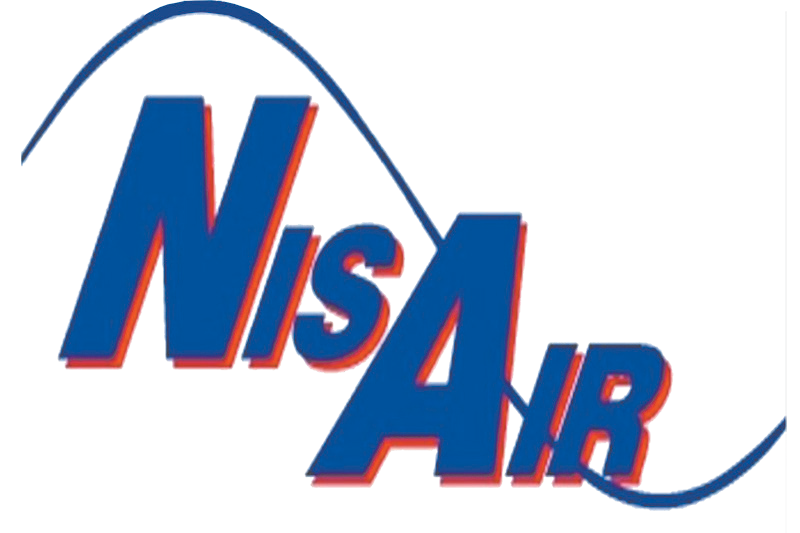Changing Air Filters: Here’s the Lowdown
Proper maintenance of your forced-air heating and cooling system’s air filter is important to the longevity of your equipment and pays a big role in controlling energy costs and keeping the air you breathe clean. While inspecting and changing air filters is an easy process, neglecting to change your filters in a timely manner could cause serious problems. This applies to both your home’s cooling (A/C or heat pump) or heating (furnace or heat pump) systems.
When Should I Change Air Filters?
Frequency with filter changes depends on several factors but foremost what type of air filter your system is using, how much you’re using the heat pump, A/C or furnace, and whether unique factors in your home (such as longhaired pets or living on a dusty road) allow the filter to get clogged more quickly. As a general rule, get in the habit of inspecting your air filter monthly and changing it when it looks dirty. But also read your equipment’s owner’s manual to see if it has any special instructions regarding the air filter. You should also get your HVAC system professionally inspected and maintained annually to make sure all parts are in working order.
How Do I Change the Air Filter?
It’s a simple process. Make sure you have the right filter for your equipment and check for damage prior to replacing. Write the date on the filter for a quick reminder. Find the filter slot, usually where the ducts are connected to the furnace or air handler, remove the old filter and insert the new one. The arrows on the filter should be pointing toward your HVAC equipment.
If you experience any problems such as a slow fan, excessive dust or strange noises, call a technician immediately. Staying on top of the replacement of your air filters will help improve the air quality in your home and protect your equipment. For more information and advice on the effectiveness of changing air filters, contact us at NisAir Air Conditioning & Heating today. We provide quality HVAC services in South Florida.

